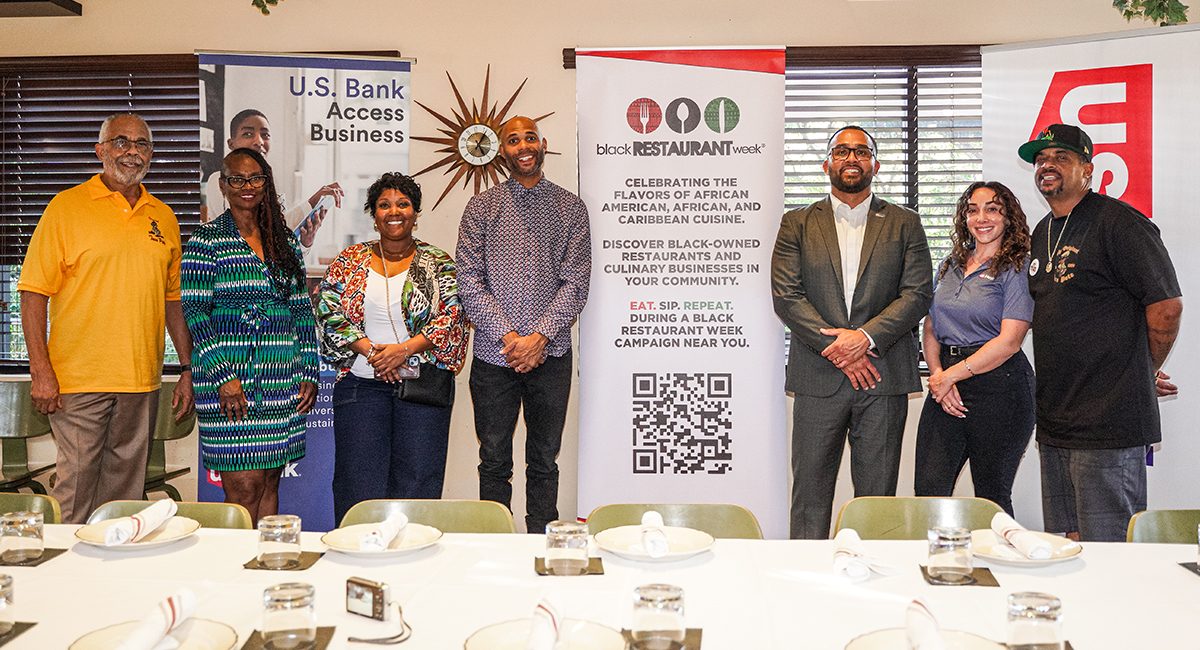
In the fast-paced and highly competitive culinary industry, access to financial resources is often a determining factor in the success of businesses. From small family-owned restaurants to large-scale culinary businesses, every establishment needs capital to thrive, expand, and navigate challenges. Recognizing this crucial need, Black Restaurant Week (BRW) hosted a groundbreaking event known as “Banking on Connections” in partnership with U.S. Bank in Atlanta and Los Angeles, offering Black culinary entrepreneurs a unique opportunity to build relationships with bankers and gain vital financial insights.
“Banking on Connections” is not just another networking event. It is a critical platform for Black-owned culinary businesses to bridge the gap between financial institutions and their specific needs. By offering culinary entrepreneurs direct access to experienced bankers, the event fosters conversations, answers pressing financial questions, and helps build the essential relationships that can unlock new opportunities for growth and sustainability.
The success of Black Restaurant Week’s “Banking on Connections” event in both Atlanta and Los Angeles highlights the importance of hosting these kinds of initiatives in local businesses to support economic growth and community development. Each city brought its own unique flavor to the event, but the core mission remained the same: to provide Black culinary entrepreneurs with the financial knowledge and connections they need to succeed.
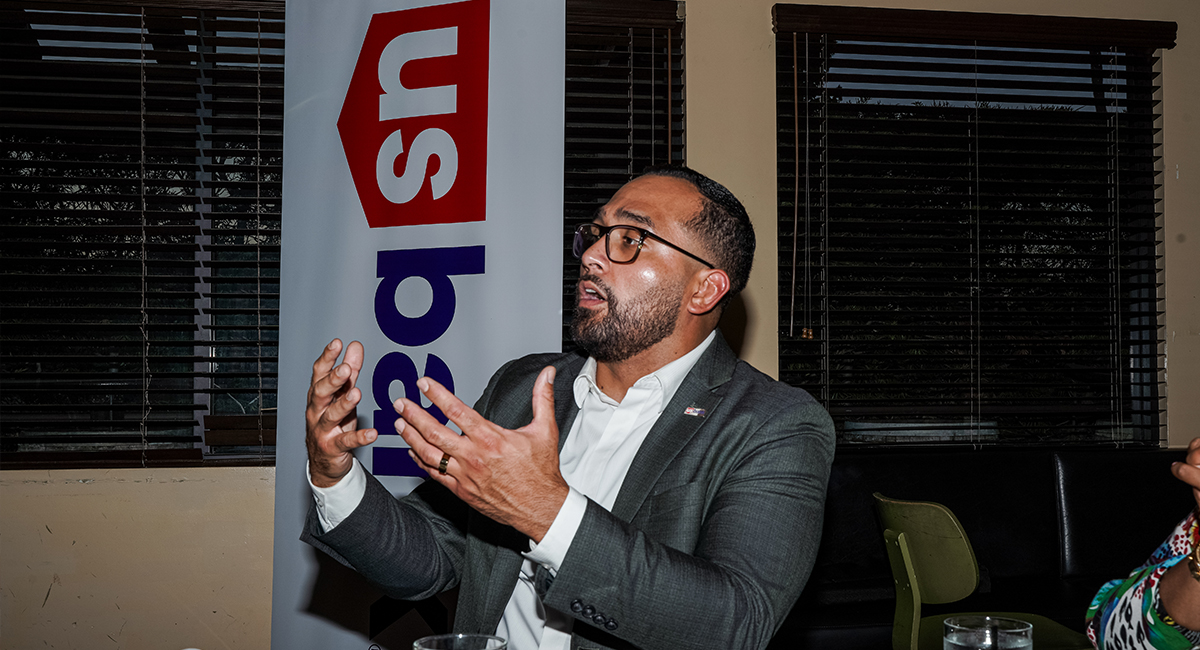
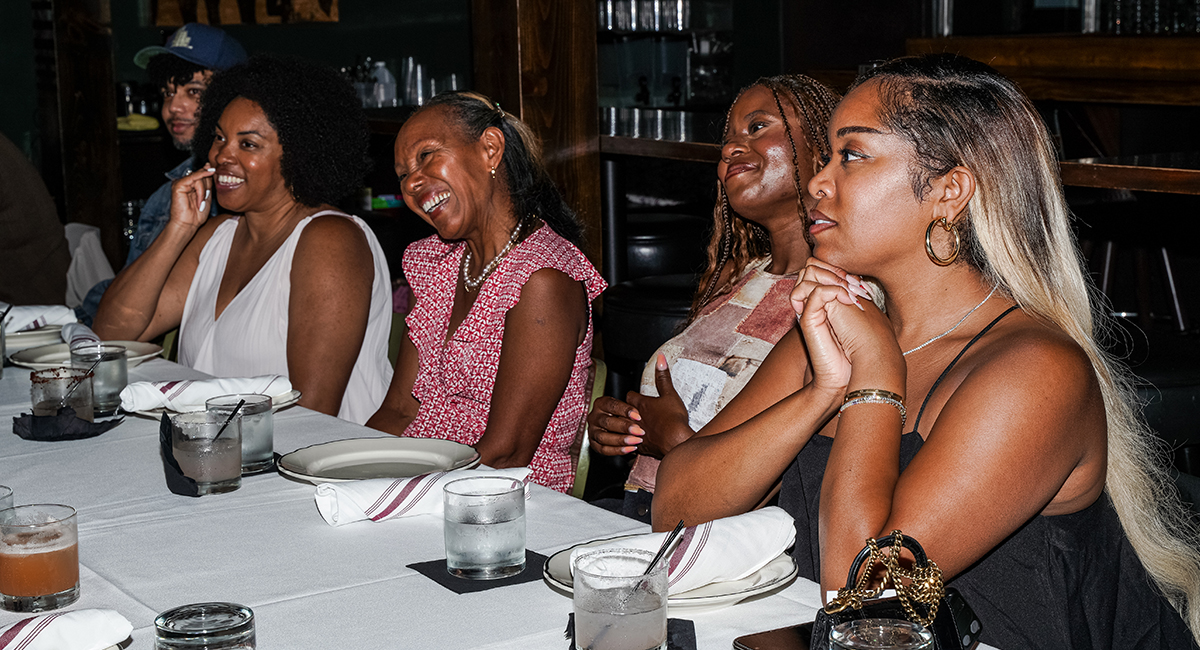

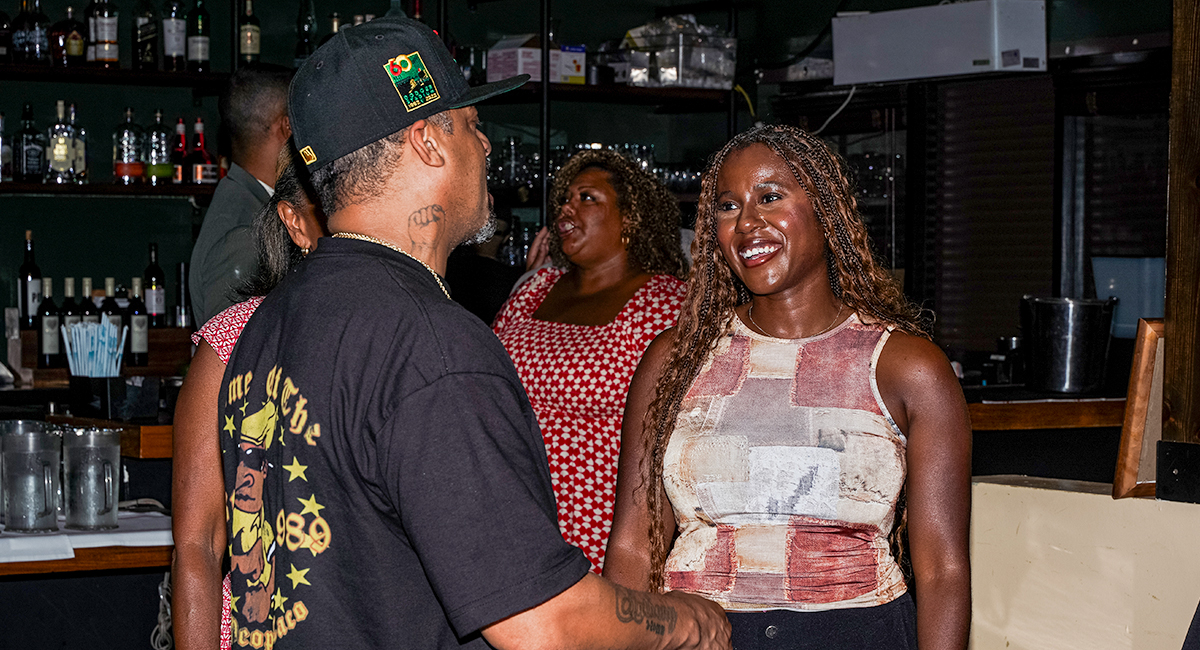
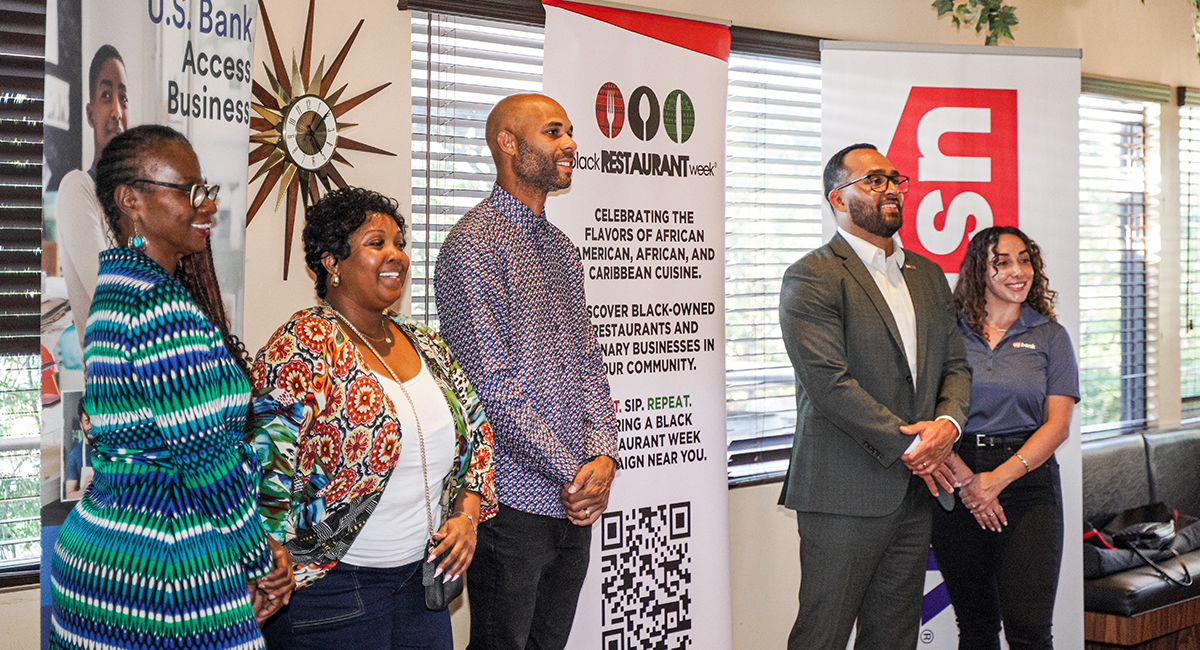
The Importance of Building a Relationship with a Banker for Culinary Businesses
Running a restaurant or culinary business requires more than just exceptional culinary skills; it demands solid financial management. A banker who understands the unique needs of your business can provide crucial support and guidance. Here are a few reasons why building a strong relationship with a banker is important for your culinary business:
1. Access to Capital
The food and beverage industry is one of the most capital-intensive sectors. From securing funding for renovations and equipment to managing operating costs, restaurants and food-related businesses often require access to substantial financial resources. A trusted banker can help you navigate the complexities of business loans, credit lines, and other financial products designed to meet your needs.
Developing a good relationship with a banker increases your chances of getting loans or lines of credit approved quickly. Bankers are more likely to advocate for you within their institution if they know you personally and understand your business. Moreover, they can offer personalized advice on the best financing options available, helping you avoid debt traps and steering you toward financial health.
2. Tailored Financial Solutions
Not all businesses are created equal, and the culinary industry has its own set of financial challenges and opportunities. A banker who is familiar with your business can provide customized financial solutions. Whether it’s advice on managing fluctuating cash flows due to seasonal demand or understanding how to invest wisely in new equipment, the right banker can act as a financial consultant for your culinary business.
3. Financial Management Guidance
For many restaurateurs, managing finances can be overwhelming. It’s not uncommon for business owners to be experts in their craft but inexperienced when it comes to accounting, budgeting, and cash flow management. A banker can help you develop a clear financial plan, teaching you the ins and outs of running a financially sound business. They can assist with services such as setting up merchant accounts for credit card transactions, advising on payroll systems, or creating strategies to streamline cash flow and reduce expenses.
4. Long-Term Business Growth
As your culinary business expands, so do your financial needs. From opening new locations to launching product lines or food trucks, growth brings its own set of financial challenges. A banker who has a relationship with you can provide insight into the financial implications of growth strategies, such as real estate investments, mergers, or equipment purchases. By working with a banker over time, you can ensure that your business continues to grow sustainably.
5. Crisis Management
Every business faces tough times, and the restaurant industry, in particular, is vulnerable to economic downturns, unexpected expenses, and disruptions like the COVID-19 pandemic. During these crises, having an established relationship with a banker can be a lifeline. A banker can help you access emergency loans, restructure your debt, or find creative solutions to manage short-term financial crises. The trust and rapport you build with a banker can make navigating these challenging periods more manageable.
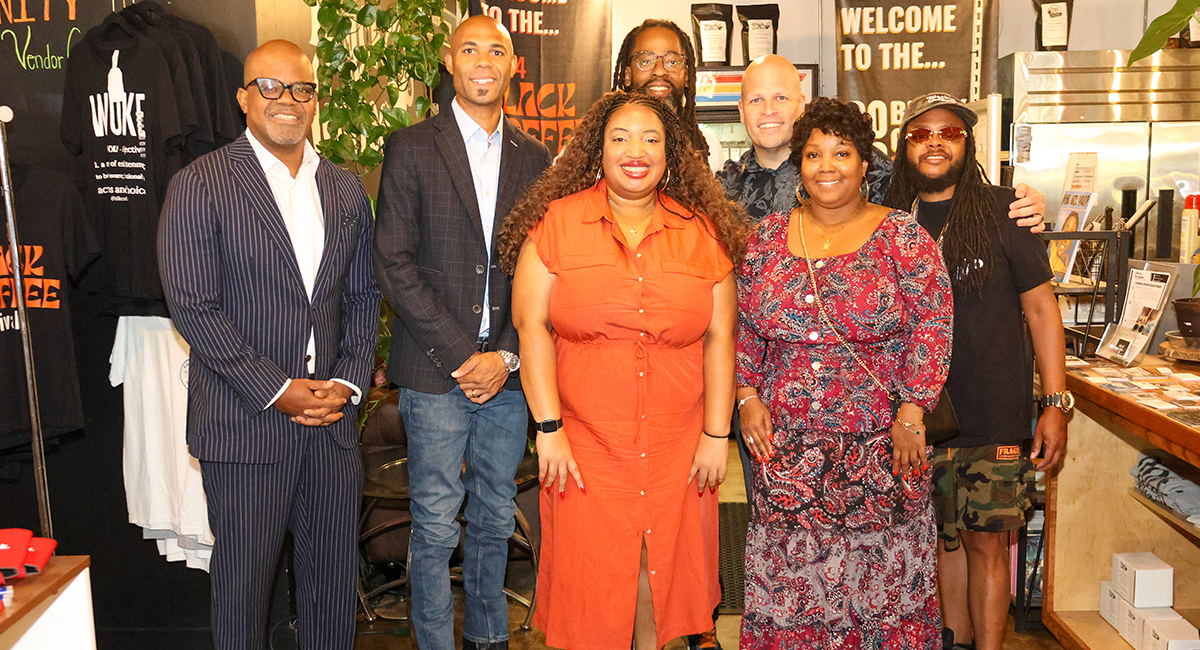
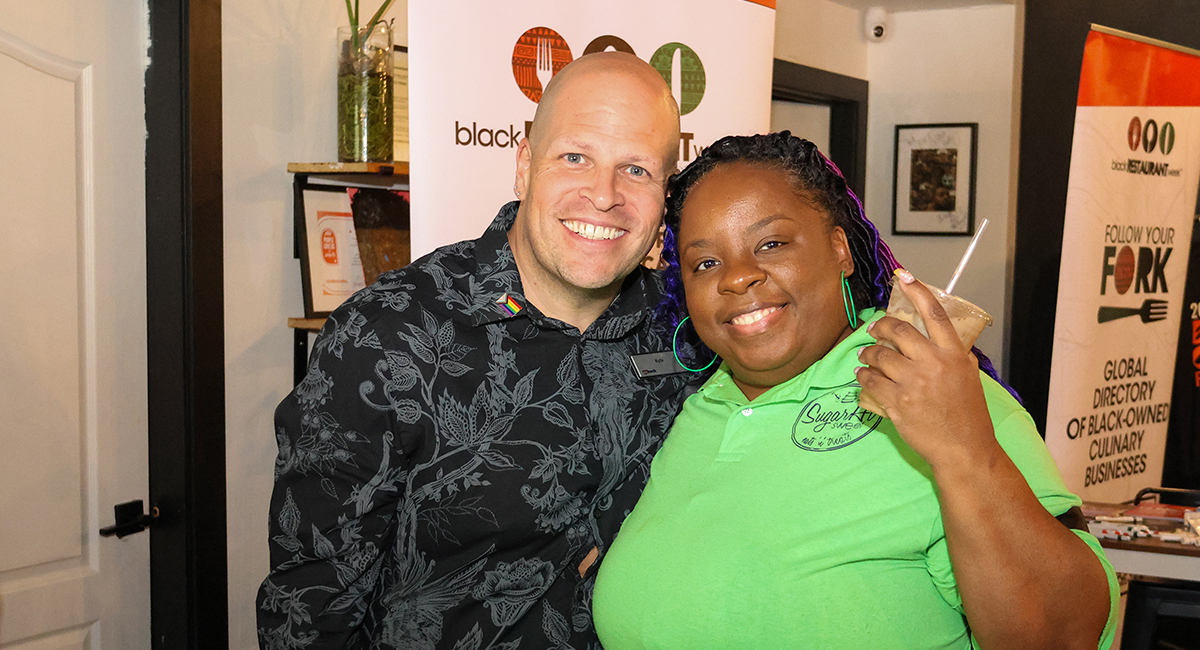
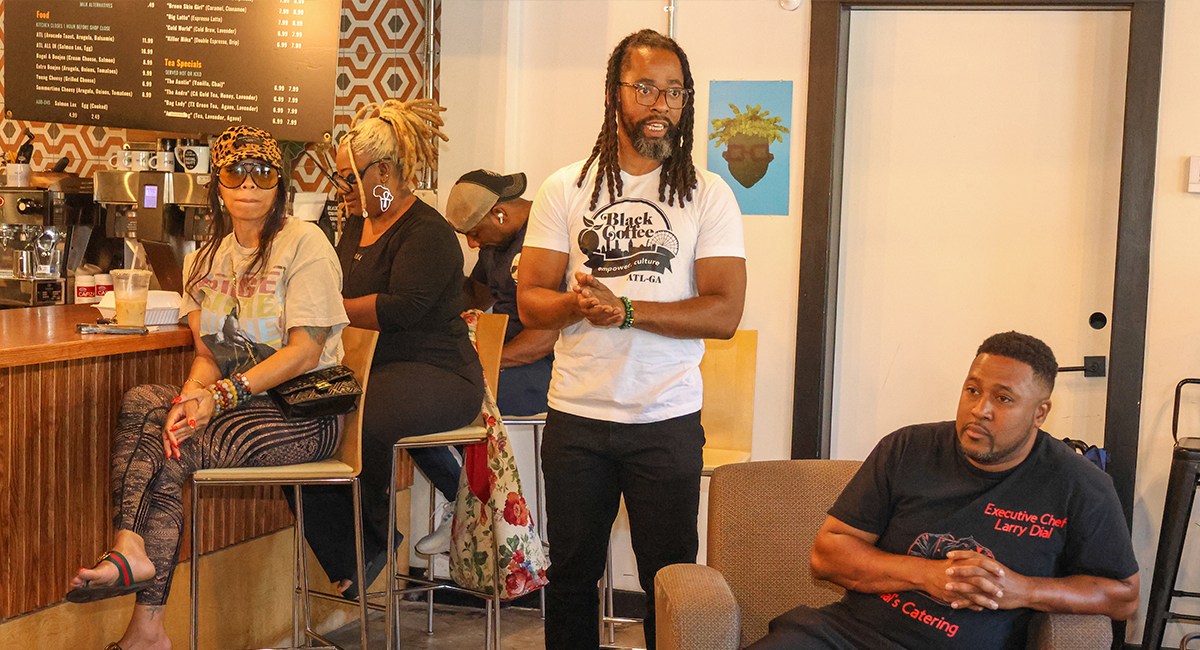
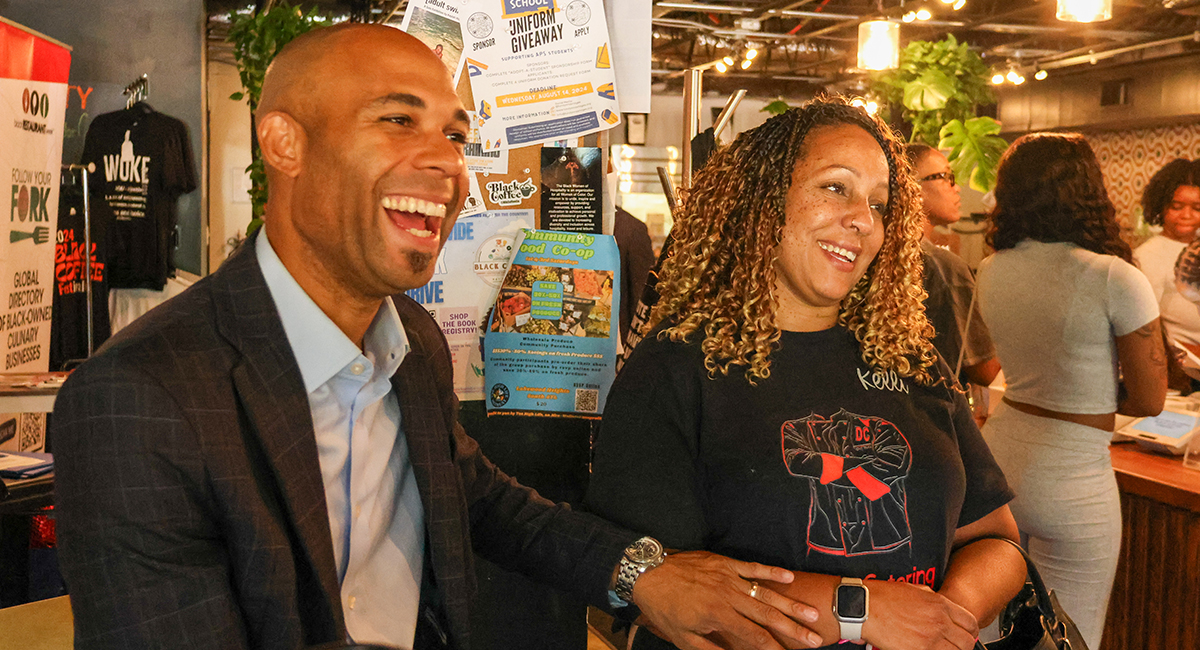
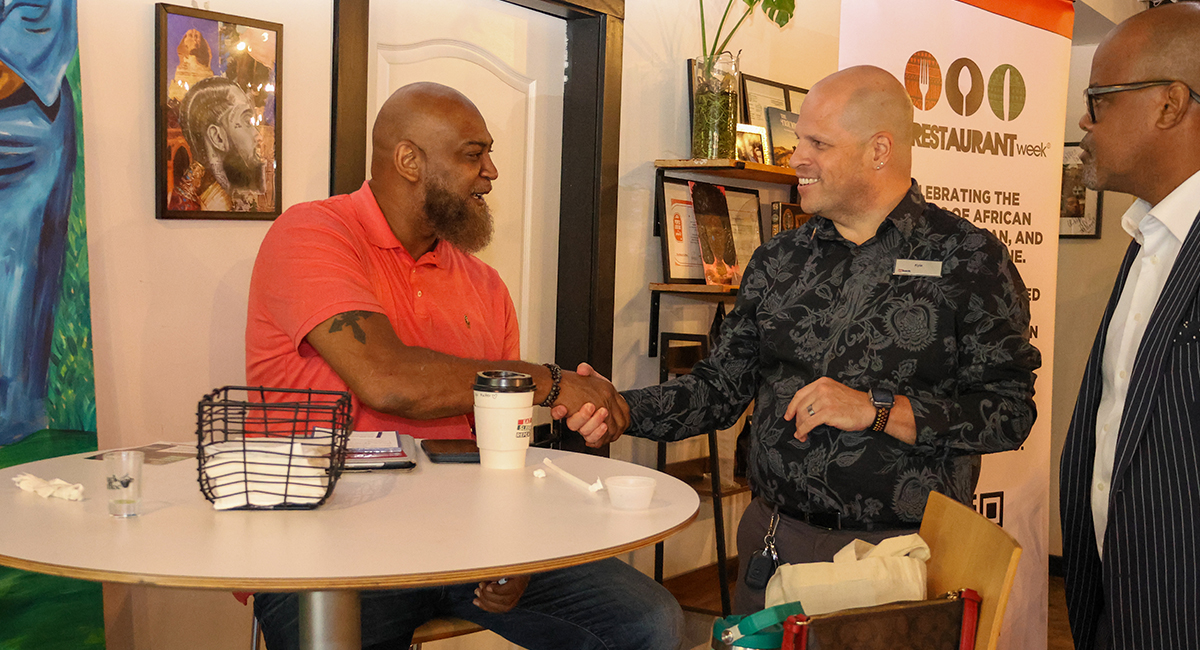
Connecting Culinary Entrepreneurs with Bankers
Recognizing the importance of financial literacy and access to capital in the culinary industry, Black Restaurant Week (BRW) has taken an innovative approach with U. S. Bank to support culinary entrepreneurs, especially within the Black community. BRW is known for its commitment to promoting Black-owned restaurants and food businesses while creating a platform that addresses the challenges these entrepreneurs face, including financial barriers.
Hosted in Atlanta and Los Angeles, Banking on Connections events are strategically designed to provide culinary business owners—who often struggle with access to capital and financial literacy—with the tools and relationships they need to flourish.
One of the major hurdles Black-owned businesses often face is limited access to traditional financing. Historically, Black entrepreneurs have encountered challenges in securing loans and other financial products due to systemic inequities, lack of collateral, and limited access to networks that connect them with financial institutions. “Banking on Connections” aims to address this gap by breaking down these barriers and facilitating direct interaction between bankers and culinary business owners.
This event helps demystify the banking process for business owners who may feel intimidated by financial institutions. By fostering open dialogue, it creates a comfortable space for culinary entrepreneurs to express their concerns, gain insights, and start building the relationships necessary for financial success.
Answering Financial Questions & Building Lasting Relationships
“Banking on Connections” provides an invaluable opportunity for culinary business owners to ask questions that are specific to their unique circumstances. Whether it’s questions about how to apply for a business loan, manage cash flow during slow seasons, or prepare financial statements for investors, having direct access to knowledgeable bankers allows entrepreneurs to get immediate and tailored responses.
For many culinary entrepreneurs, this kind of personalized interaction is a game changer. It helps them feel more empowered in managing their finances and making informed business decisions.
The heart of “Banking on Connections” lies in the relationships that are formed during these events. By connecting culinary entrepreneurs with bankers in an informal setting, the event encourages the building of long-term, trust-based relationships. For many business owners, this is the first step in creating a financial partnership that can help sustain and grow their business for years to come.
For bankers, it’s an opportunity to better understand the unique needs and challenges of the culinary industry, especially within the context of Black-owned businesses. These insights can help bankers offer more personalized and relevant financial solutions to the entrepreneurs they meet.
Empowering Culinary Entrepreneurs
Black Restaurant Week’s “Banking on Connections” is more than just a networking event; it’s a platform for empowerment. By connecting Black culinary entrepreneurs with U. S. Bank, BRW helps these businesses overcome one of the biggest barriers to their success: access to capital and financial education. This initiative is crucial in leveling the playing field and creating opportunities for underrepresented entrepreneurs to thrive.
Supporting Black-owned businesses through events like “Banking on Connections” also contributes to the broader goal of economic growth and community development. By ensuring that these businesses have the financial resources and knowledge they need to succeed, BRW is helping to create a more inclusive and equitable economy.
In the fast-paced and competitive culinary industry, building a strong relationship with a banker can provide culinary entrepreneurs with the financial support, guidance, and resources they need to grow their business. Initiatives like Black Restaurant Week’s “Banking on Connections” event are essential in helping Black-owned culinary businesses overcome financial barriers and thrive. By fostering connections between business owners and bankers, this event creates opportunities for long-term financial success, which is crucial for the growth and sustainability of any culinary venture.
Black Restaurant Week’s “Banking on Connections” events in Atlanta and Los Angeles have demonstrated the vital role that financial relationships play in the success of Black-owned culinary businesses. By offering business owners direct access to bankers, BRW has provided a platform for education, empowerment, and opportunity. For culinary entrepreneurs, building a relationship with a banker is not just a smart financial strategy—it’s a crucial step toward long-term business success. Through initiatives like “Banking on Connections,” culinary business owners are gaining access to financial relationships needed to thrive in an industry that demands both creativity and capital.
Author: Falayn Ferrell
Managing Partner - Operations of Black Restaurant Week

